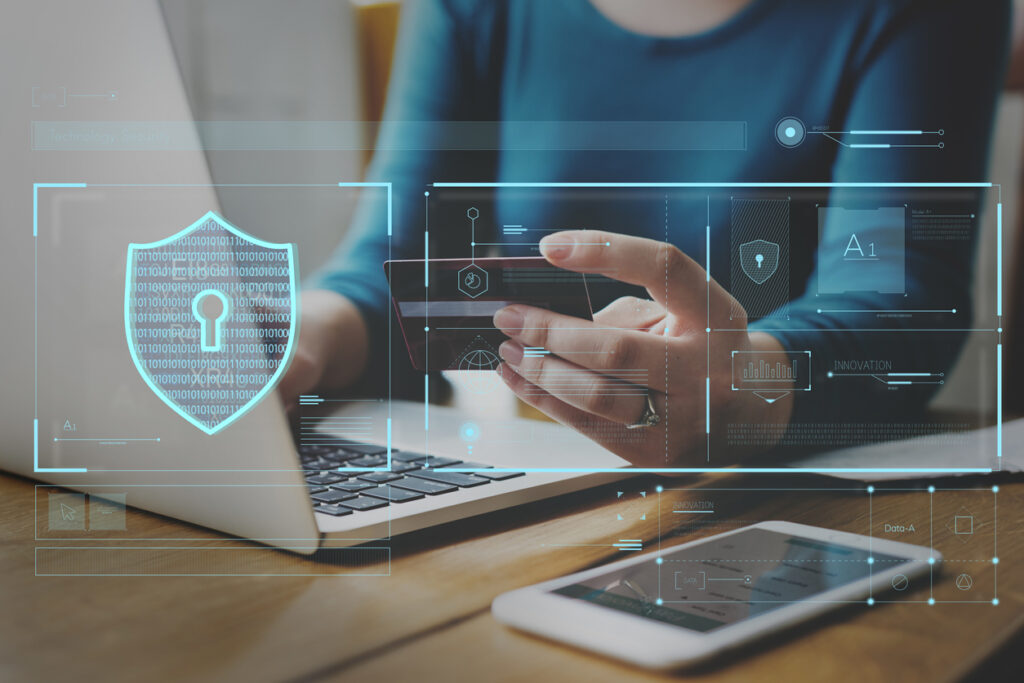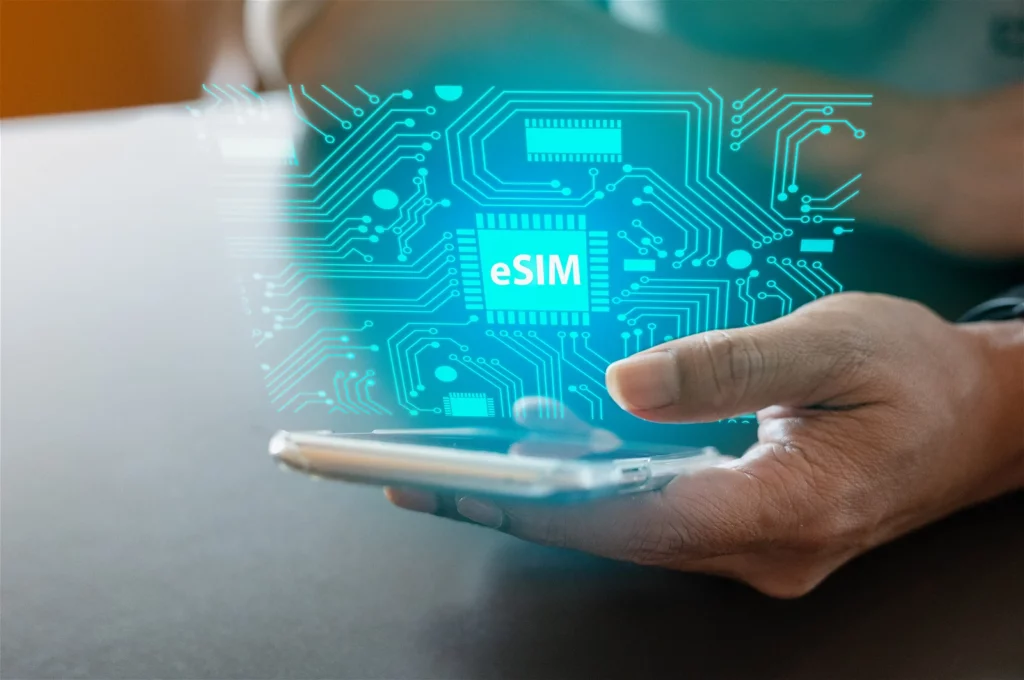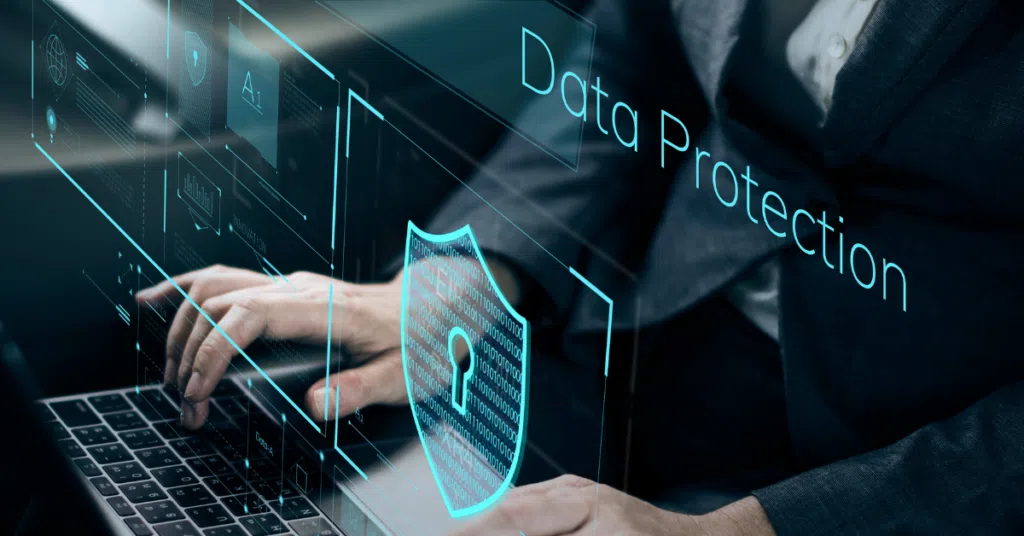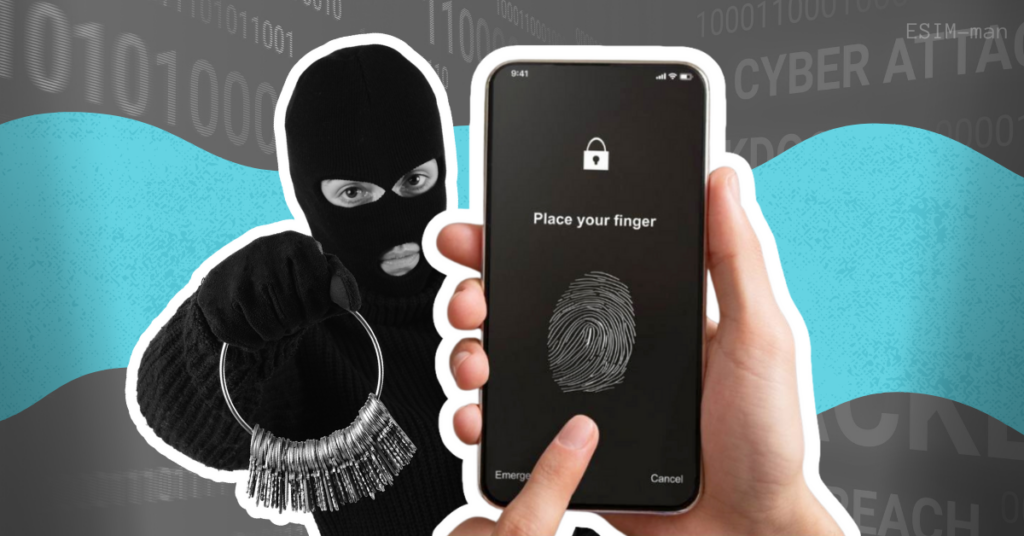Table of Contents
International travel requires stable internet connection to prevent getting lost in new places and to stay in touch with family, friends and colleagues worldwide 24/7. Voyagers prefer using free Wi-Fi supplied by accommodators or local restaurants / cafes owners instead of paying mobile roaming extra expenses, yet this approach might cause personal info insecurity problems. This article discusses cell data protection, states open wireless networks’ safety issues and explains why eSIM prepaid pricing packages offer more reliable internet connection for adventure-lovers.
Related: “5 Top Reasons Why Using eSIM Makes Your Travel Better“
Free Wi-Fi Utilization Safety Issues
Free Wi-FI is designed for customers’ convenience being open-source and non-encrypted, posing security risks. Wireless networks connection in hotels / cafes doesn’t require passwords providing no safety and travel data details security. Consumers’ web-surfing history info, banking/social media accounts and passwords can be monitored, hacked, downloaded and sold or stolen.
Public wifi is provided by untrustworthy suppliers. Cybercriminals might develop faux Internet access points with valid-sounding identities to entice careless individuals to join. Attackers may intercept information or set viruses on linked handsets, stealing users’ personal data and finances.
How to Keep Data Safe and Secure?
Use mobile roaming services. Cellular data provides protection using exclusive encryption, turning personal info into programming codes, not plain texts, meaning details cannot be intercepted. Carriers operate mobile networks investing in safeguards, firewalls, virus-detection software and ssl-protocols.

Reasons why mobile roaming subscription offers better security:
- Exclusive internet and websites access.
- Authentication and encryption of wireless networks.
- Complete supervision of your personal details.
Roaming tariffs might be expensive, but using eSIM when traveling offers consumers secure web-surfing providing affordable mobile pricing plans.
eSIM Key Benefits
The built-in SIM card is located inside the device, allowing users to configure it manually online. Virtual mobile cards let consumers shift carriers and subscription plans without physically replacing smart modules, saving users’ time and financial resources. Electronic subscriber identity modules offer identical confidentiality, encryption and verification scheme as cellular data.

e-SIM Configuration Guidelines:
- Ensure your handset supports wireless cell modules.
- Purchase a digital SIM chip from priority tariffs supplier.
- Proceed to Configurations / Settings mobile program.
- Pick “Mobile Data” / “Cellular.”
- Hit “Add New Cellular / Data Plan”.
- Scan Quick Response code emailed by operator.
- Input carrier’s authorization password.
How do eSIMs Secure Data?
Embedded modules protect details by encoding and authorizing data. e-SIM programs generate exclusive encryption keys for consumers to guarantee unregistered parties cannot steal / download personal information. Online cell chips implement verification protocols to validate handsets and networks, avoiding hacking threats which might jeopardize connection’s trustworthiness, supplying high security levels.

To safeguard journey details utilizing virtual mobile chips, undertake these steps:
- Select trustworthy eSIM suppliers with solid encryption and verification mechanisms.
- Activate electronic chip plan on your handset.
- Establish dual-factor authorisation.
- Employ VPN online services for greater details encoding.
- Avoid free charging facilities and USB interactions, to prevent dangerous malware implantation.
- Upgrade handsets’ software and privacy configurations regularly.
Cell data remains safer than unsecured public Wi-Fi access, supplying greater encryption protocols regulated by telecommunications providers that employ safeguards designed to protect consumers’ details. eSIMs offer multiple mobile communication plans with exceptional security levels, becoming an appealing option for business organizations that need to avoid critical data loss.






